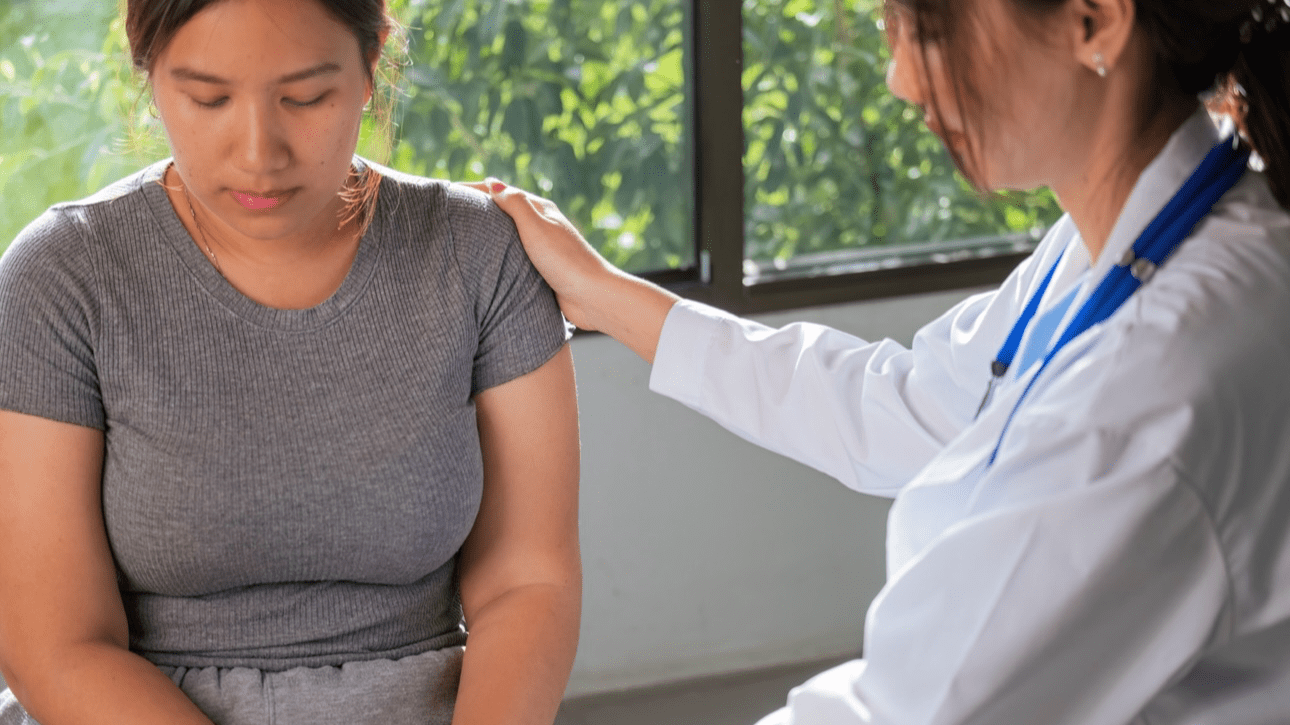PCOS and Endometriosis: Understanding the Connection and Managing Symptoms
The Connection Between PCOS and Endometriosis:
While PCOS and Endometriosis are distinct conditions, they can coexist in some individuals. Research suggests that women with PCOS may be at a higher risk of developing Endometriosis. The exact relationship between the two conditions is not fully understood, but it is believed that hormonal imbalances and inflammation play a role in their co-occurrence.
Symptoms of PCOS:
1. Irregular menstrual cycles: Women with PCOS often experience irregular or absent periods due to hormonal imbalances.
2. Polycystic ovaries: PCOS is characterized by the presence of multiple small cysts on the ovaries, which can be detected through imaging tests.
3. Excess hair growth: Elevated levels of androgens in PCOS can lead to hirsutism, causing excessive hair growth on the face, chest, back, or other areas.
4. Acne: Hormonal imbalances can contribute to the development of acne, particularly along the jawline, chin, and upper neck.
5. Weight gain: Many women with PCOS struggle with weight management due to insulin resistance and metabolic changes.
Symptoms of Endometriosis:
1. Pelvic pain: Endometriosis can cause chronic pelvic pain, which may worsen during menstruation or sexual intercourse.
2. Painful periods: Women with endometriosis often experience intense menstrual cramps that are not relieved by over-the-counter pain medications.
3. Painful intercourse: Endometriosis can cause deep pelvic pain during sexual intercourse.
4. Infertility: Endometriosis is a leading cause of infertility, as it can affect the function of the ovaries, fallopian tubes, and the quality of the eggs.
5. Digestive issues: Some women with endometriosis may experience digestive symptoms such as bloating, constipation, or diarrhea.
Treatment Options:
1. Medications: Hormonal birth control methods, such as birth control pills or patches, can help regulate hormone levels and manage symptoms of both PCOS and Endometriosis.
2. Pain management: Over-the-counter pain relievers or prescription medications may be recommended to alleviate pelvic pain and menstrual cramps.
3. Surgery: In severe cases, laparoscopic surgery may be necessary to remove endometrial implants, cysts, or scar tissue. This can improve symptoms and increase fertility.
4. Lifestyle changes: Maintaining a healthy weight through regular exercise and a balanced diet can help manage symptoms of both PCOS and Endometriosis.
5. Fertility treatments: For women struggling with infertility due to PCOS or Endometriosis, fertility treatments such as in vitro fertilization (IVF) or intrauterine insemination (IUI) may be recommended.
PCOS and Endometriosis are two common gynecological conditions that can significantly impact a woman’s quality of life. While they have distinct characteristics, they can often coexist, making diagnosis and treatment more complex. By understanding the connection between PCOS and Endometriosis, women can seek appropriate medical care and explore various treatment options to manage their symptoms effectively. If you suspect you may have either of these conditions, consult with a healthcare provider who specializes in gynecology for an accurate diagnosis and personalized treatment plan. With proper management, women with PCOS and Endometriosis can lead fulfilling lives and take control of their reproductive health.










